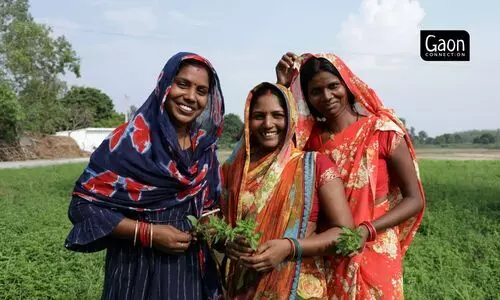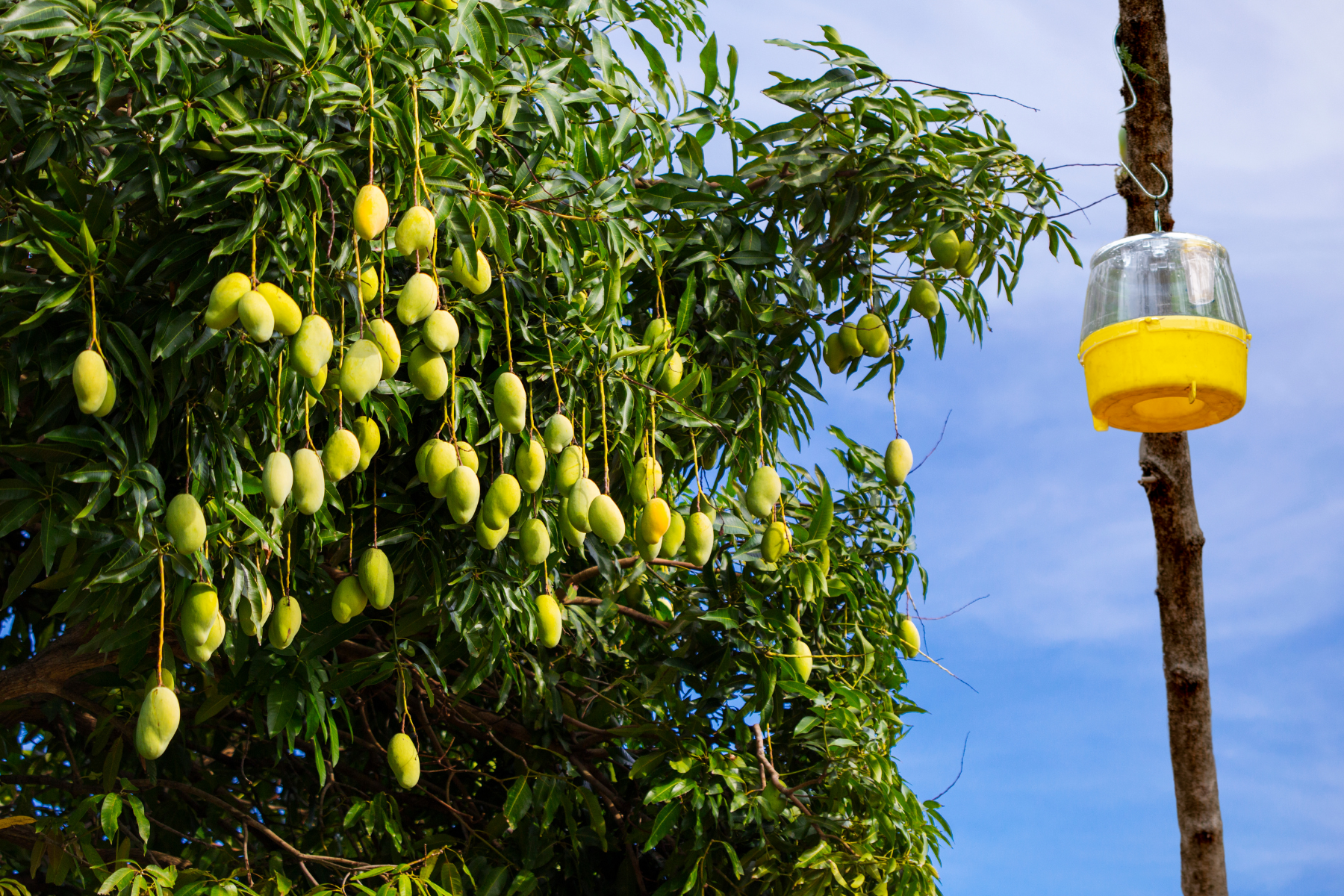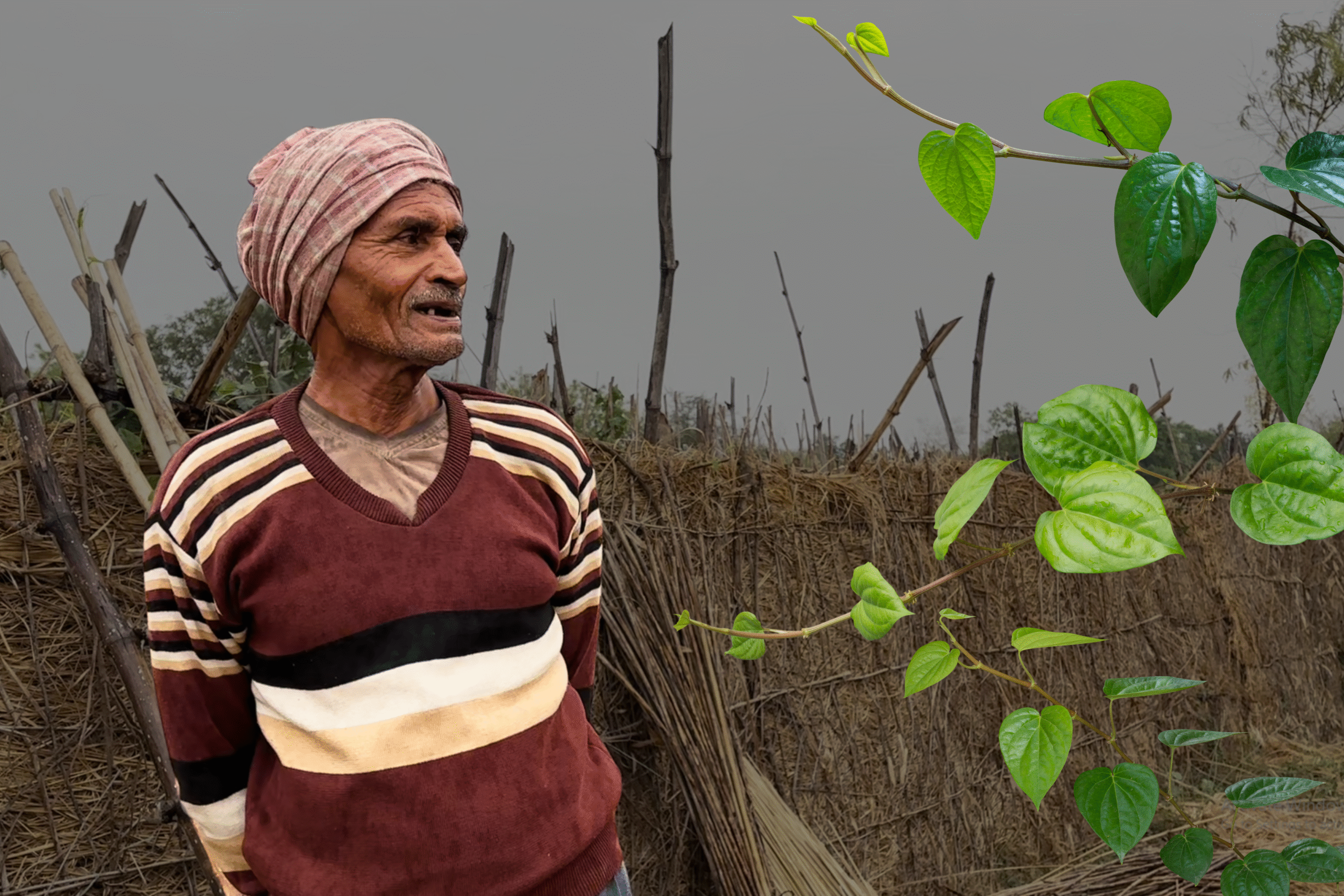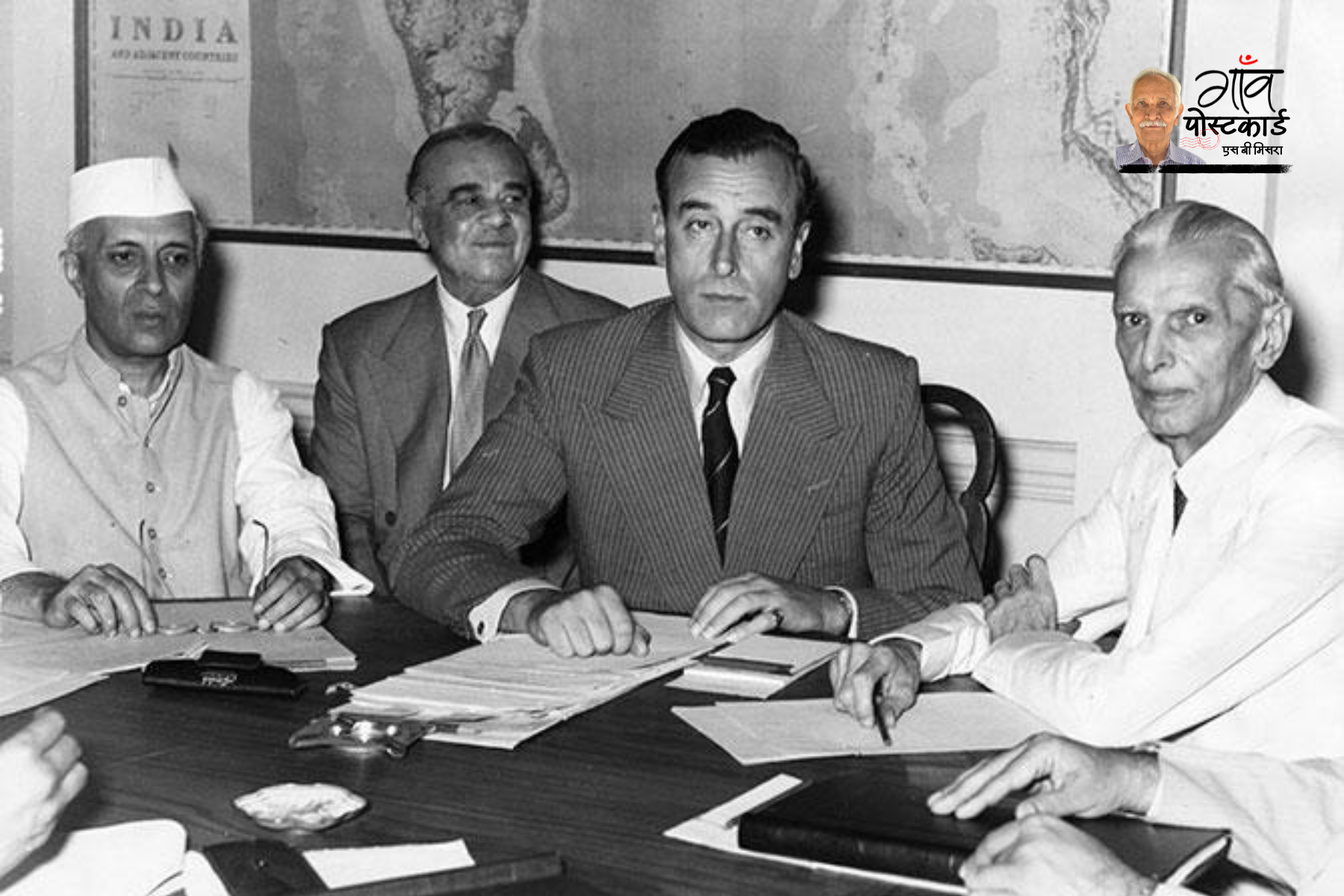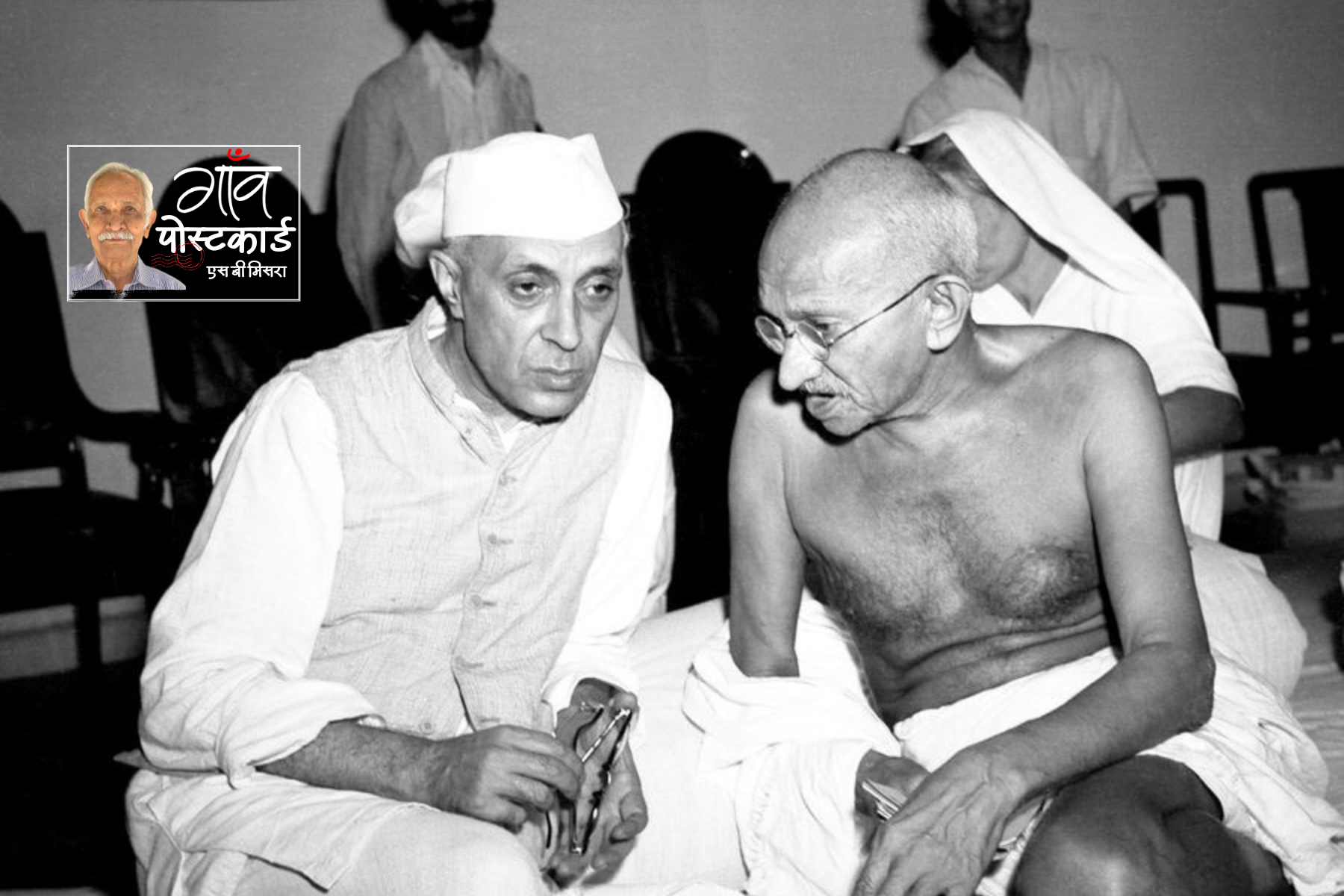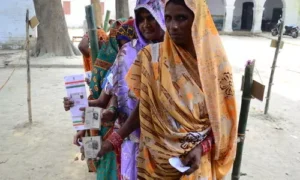Bahraich, Uttar Pradesh
Pain relief balm is a quick remedy for headache, muscle aches, joint pain, and itching. Ever wondered what brings quick relief to millions?
Menthol oil!
India is a major exporter of menthol oil and nearly 75 per cent of the country’s menthol crop is cultivated in Uttar Pradesh. However, early heatwaves this year in March dealt a huge blow to menthol crop, as farmers complained of low production. The sudden rise in the heat led to stunted growth of the mentha plant affecting the overall oil production, which was also reported by Gaon Connection.
However, there are a bunch of mentha (menthol) farmers in Uttar Pradesh, who, despite the early heatwaves and vagaries of weather, have managed to double their menthol oil production. By using high quality seeds and System of Root Intensification (SRI) method of menthol production, these farmers have earned additional profits.
Watch Video
“We provided good quality CIM Unnati seeds to farmers, advised them to grow crops using the SRI method and use Single Super Phosphate to increase oil content in the plant. All this has greatly benefited the farmers,” Murari Kumar Jha, Manager, TRIF Mihinpurwa, told Gaon Connection. This initiative of increasing menthol oil production is being led by Transform Rural India Foundation (TRIF) in collaboration with the government’s National Rural Livelihoods Mission (NRLM).
“Farmers used to say there cannot be production of more than ten kilos of oil in one bigha land, but now this perception has changed. We are aiming to increase the average production to up to twenty kilos,” smiled Jha. One bigha land equals 0.619 acre or 0.25 hectare or 800 metre square.
The mentha crop is generally sowed during February-March and the crop is ready to harvest in June-July. The crop is then dried in the sun for a day and oil is then extracted from the dried crop through the distillation process. The oil is sold at about Rs 1,000 per litre to traders.
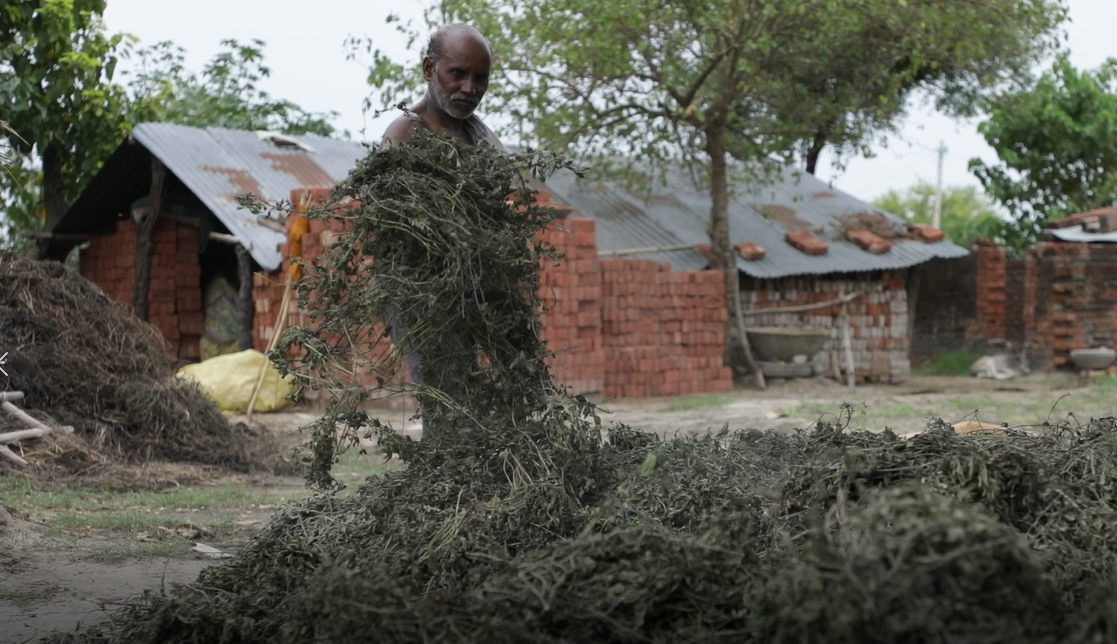
After harvesting, the mentha crop is dried in the sun for a day and oil is then extracted from the dried crop.
SRI method and twin challenges
In the SRI method, saplings or seeds are planted at a distance of 15 centimetres from each other while distance between two furrows should be maintained at 45 centimetres.
“Earlier, we would sow seeds randomly so plants would grow unevenly in the field. Now, we have adopted the Sri Vidhi (system of root intensification method), it is easier for us to remove weeds. Growth of the plant is dense in this,” Rahul Kumar Yadav, a farmer and a resident of Shahpur Kalan village, told Gaon Connection. “We are getting double profit. We managed to increase income from Rs 8,000 to up to Rs 17,000 from one bigha mentha crop,” he added.
The grassroots organisation TRIF has trained 4,500 of the total 20,000 mentha farmers in the Mihinpurwa block of Bahraich district and set up 50 demonstration plants in collaboration with 55 farmers in several villages of the block. Rahul is one of them.
As part of the demonstration project, TRIF sourced and provided good quality seeds, neem oil spray, fertilisers to boost mentha production.
“Earlier, people would not germinate seeds and would not use good quality seeds. They were also not preparing land and furrows properly, the water would wash away all fertilisers, and plants would grow unevenly in the field. Farmers also use fertilisers unnecessarily because of which their cost of production increases while production decreases,” Jha of TRIF said.
Certain practices such as stolon treatment and drying up fields prior to ten days of harvest were also adopted by farmers, informed the TRIF official. The grassroots organisation works on the intensification and diversification of crops to increase income of farmers.
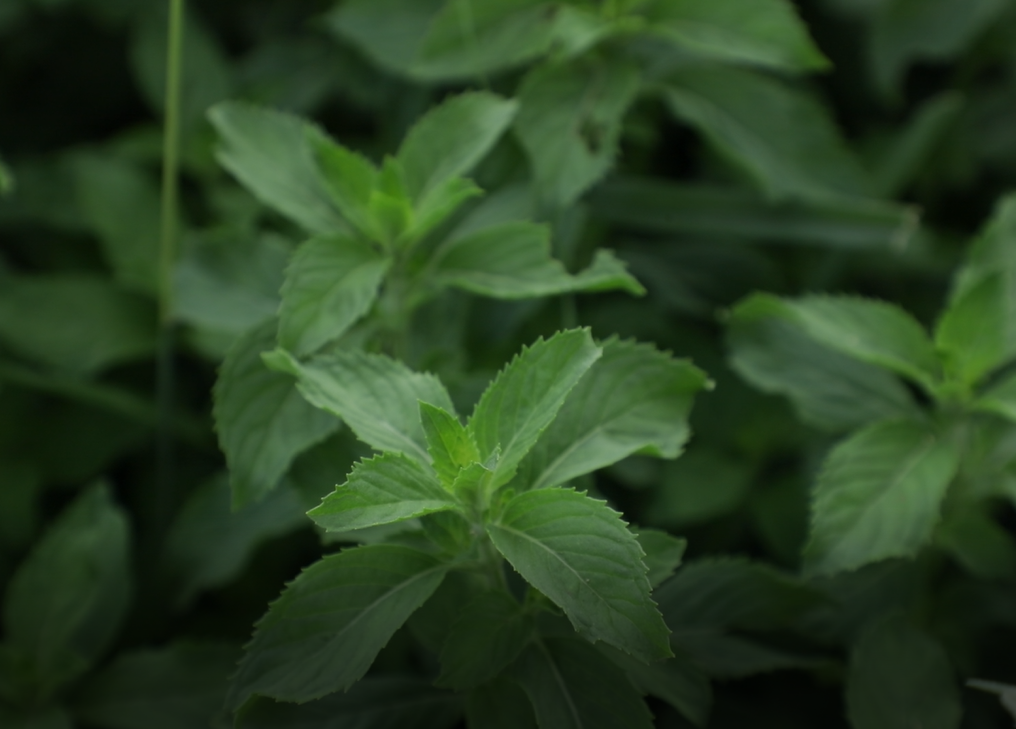
India is a major exporter of menthol oil and nearly 75 per cent of the country’s menthol crop is cultivated in Uttar Pradesh.
Doubling of income
With this new method of system of root intensification, the income of farmers is claimed to have doubled.
“Last year, I got up to eight litres of oil from our crop. This year, we expect up to eighteen litres of oil,” Meera Kumari, mentha farmer and a resident of Simrahna village of Mihinpurwa block, told Gaon Connection. “All this was possible due to the SRI method that helped boost production,” added the 29-year-old. Kumari cultivated mentha in her 1.5 bigha land.
“The scorching heat this year affected the growth of plants. If we had not adopted the advised technique, we would have suffered huge losses. We managed to get nineteen litres from our two bigha lands,” Kavita, a resident of Madhvapur village, told Gaon Connection.
“Earlier, I would not spray insecticides, but I was advised to do so as during the damaging easterly winds, our crop got infected with pests and insects. But since there was distance between saplings, its leaves did not fall. In older methods, we would not consider distance difference,” added the 23-year-old farmer.
Also Read: Heatwaves hit menthol crop; oil production drops by almost 40%
Sarita, a resident of Urra village and member of Saraswati Samuh (self help group) told Gaon Connection that she managed to extract 20 litres of oil. “I earned Rs 20,000 after investing Rs 5,000 for mentha cultivation in my 1.5 bigha land,” said the 40-year-old proudly showing her big containers of menthol oil.
Farmers complained that due to the presence of Chinese mint in the market, local farmers do not get a fair amount for their oil. “Earlier, farmers would get upto Rs 1,500 per kilo. The rates have reduced to Rs 950-1000. If we have to compete then we have to increase production, improve quality and grow organically”, said the TRIF manager Jha.
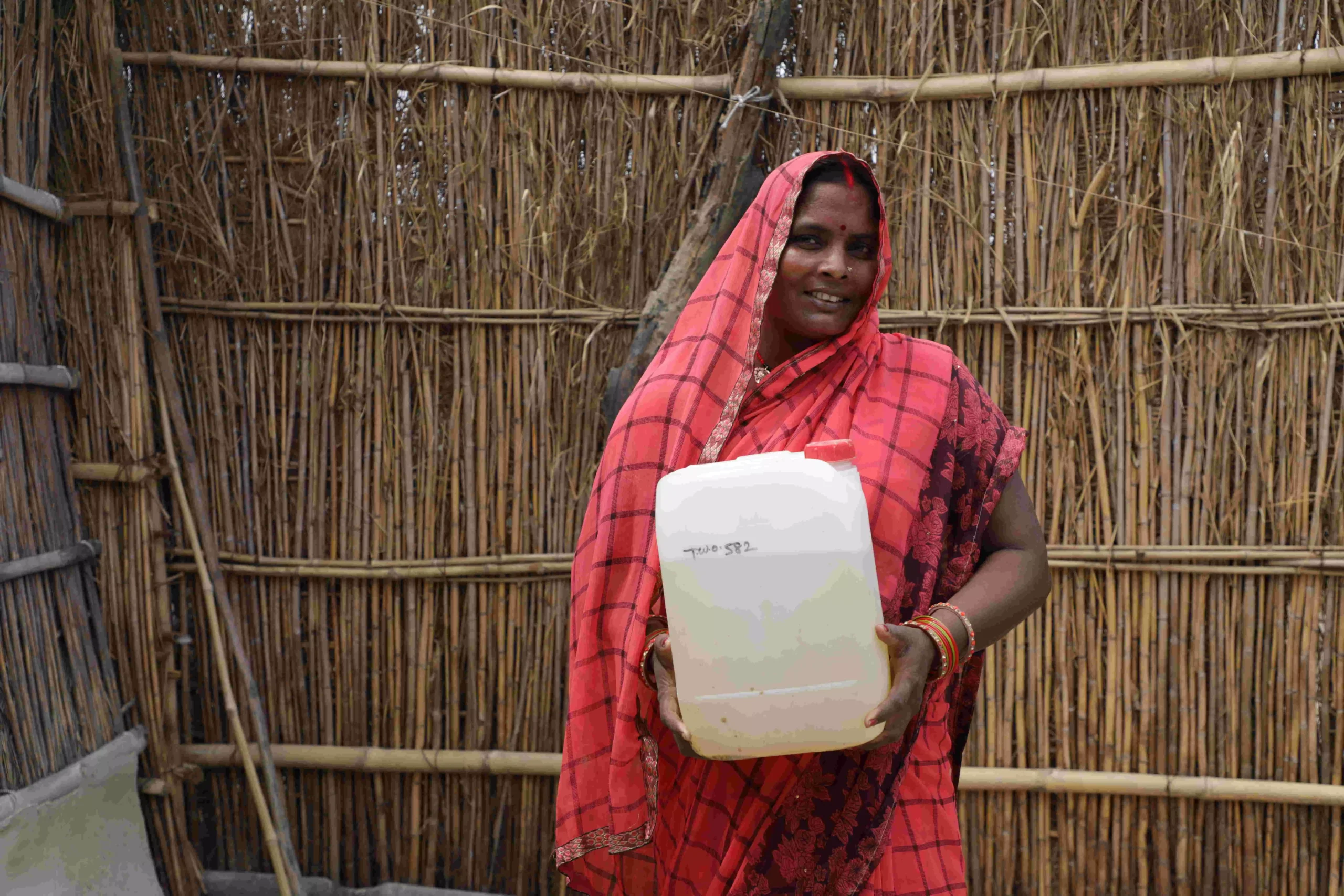
Sarita managed to extract 20 litres of oil this year. She sold the menthol oil for Rs 1,000 a litre.
Women empowerment in focus
The initiative on doubling farmers’ income through increased mentha production has a strong focus on empowering women. Like Meera, Kavita, Sarita, thousands of rural women in Mihinpurwa block have been trained to augment their income with the new method.
“There are a total of 2,064 SHG (self help groups) comprising 22,704 women in the block. Over 4,000 women have been trained by TRIF,” Raghunath Yadav, Block Mission Manager of NRLM, Mihinpurwa, Bahraich, told Gaon Connection.
“We believe this initiative will boost the income of these women. They feel more confident now and feel motivated,” he added.
This story has been published as part of collaboration with Transform Rural India Foundation.

